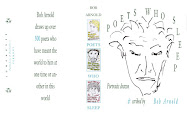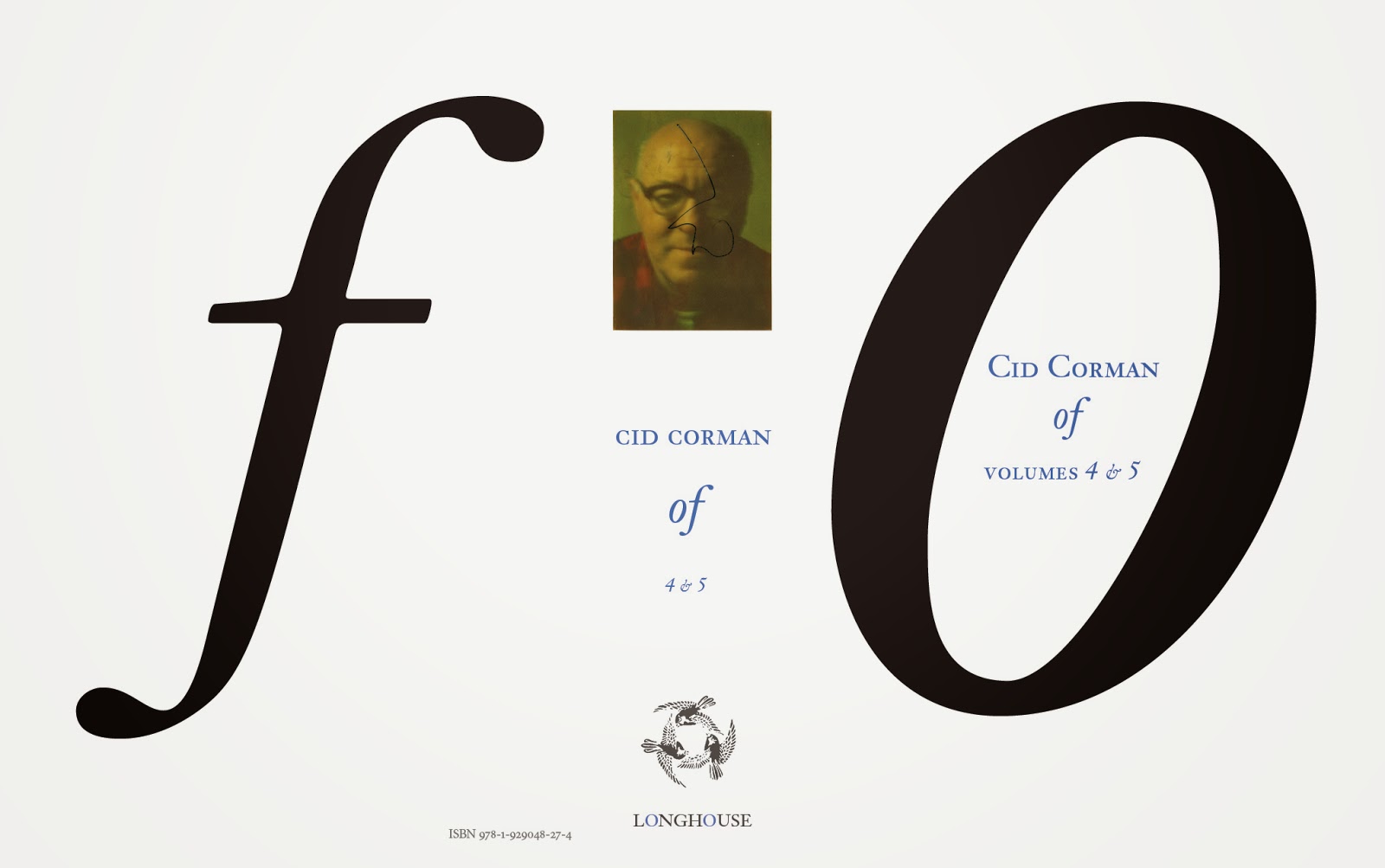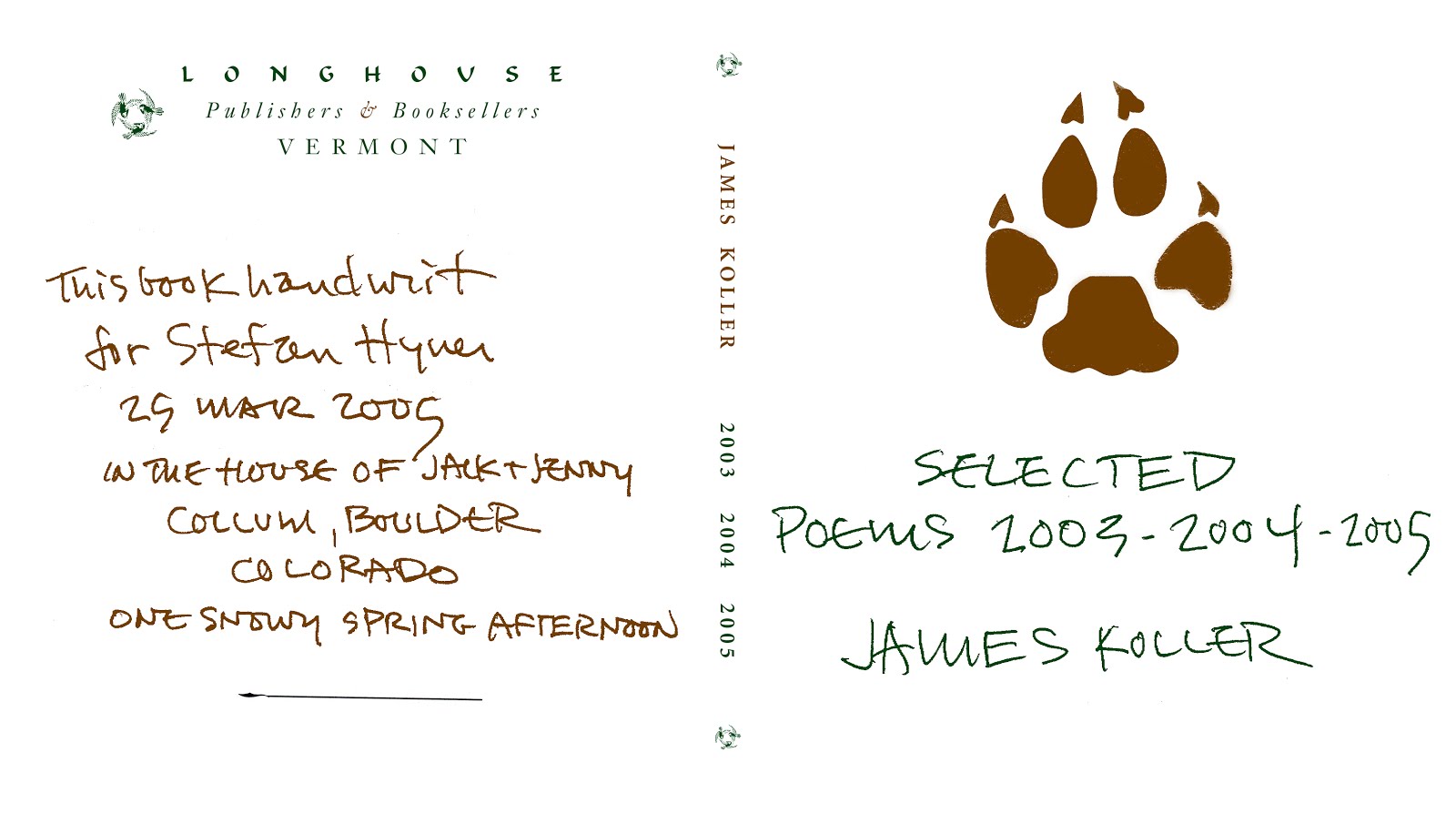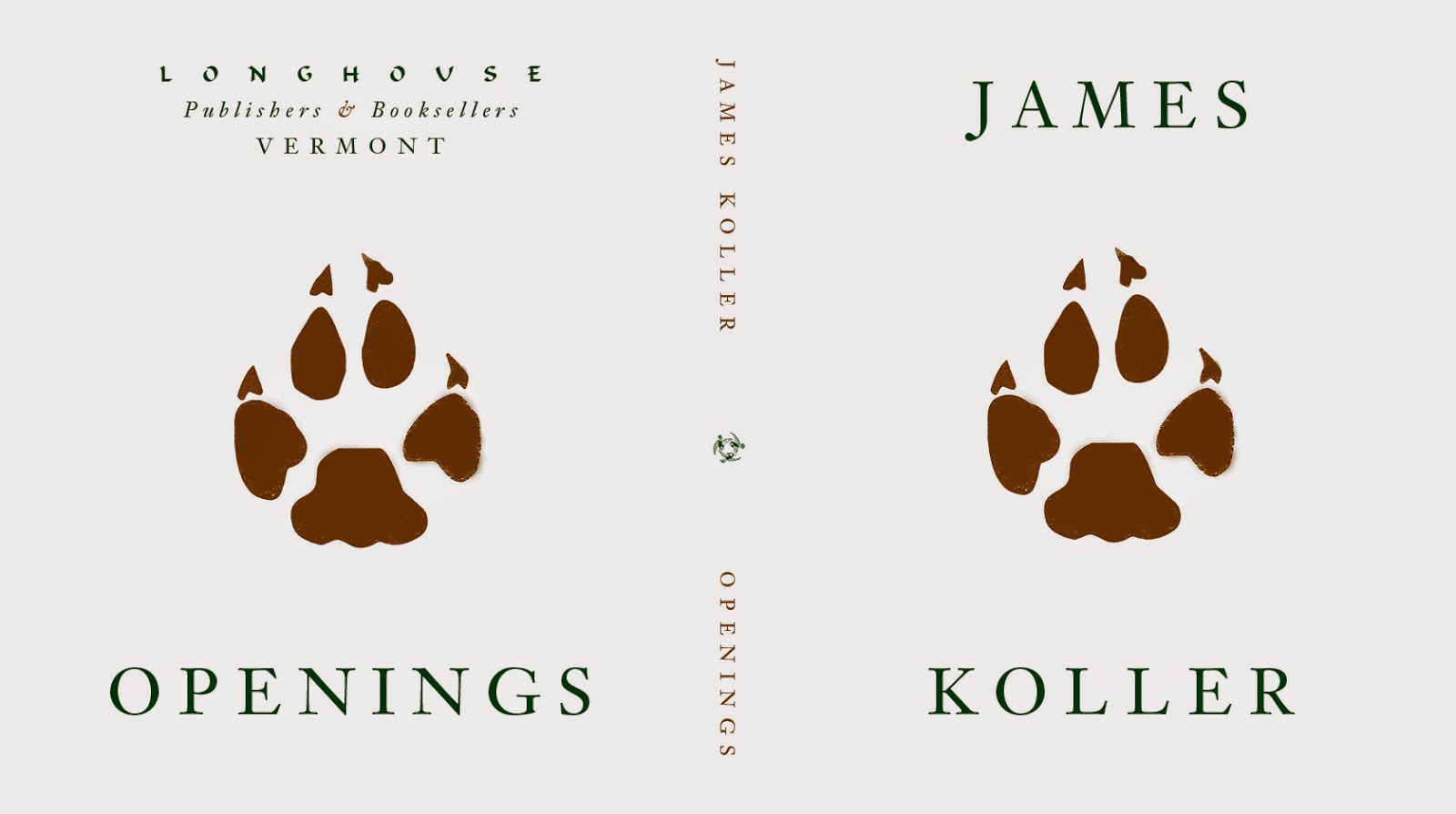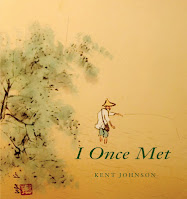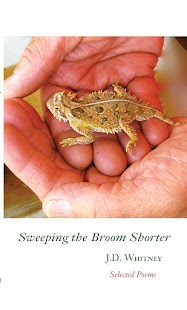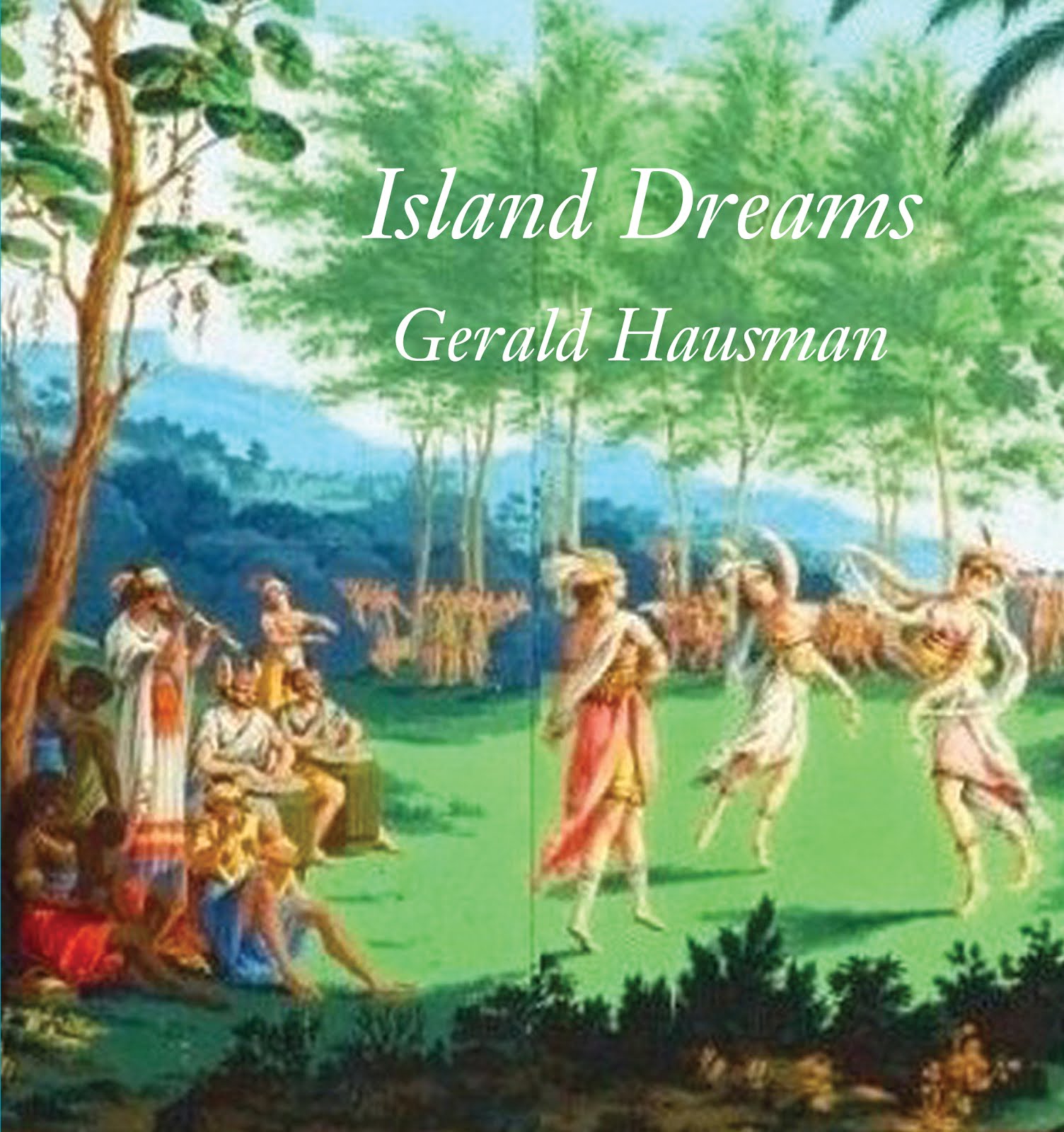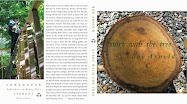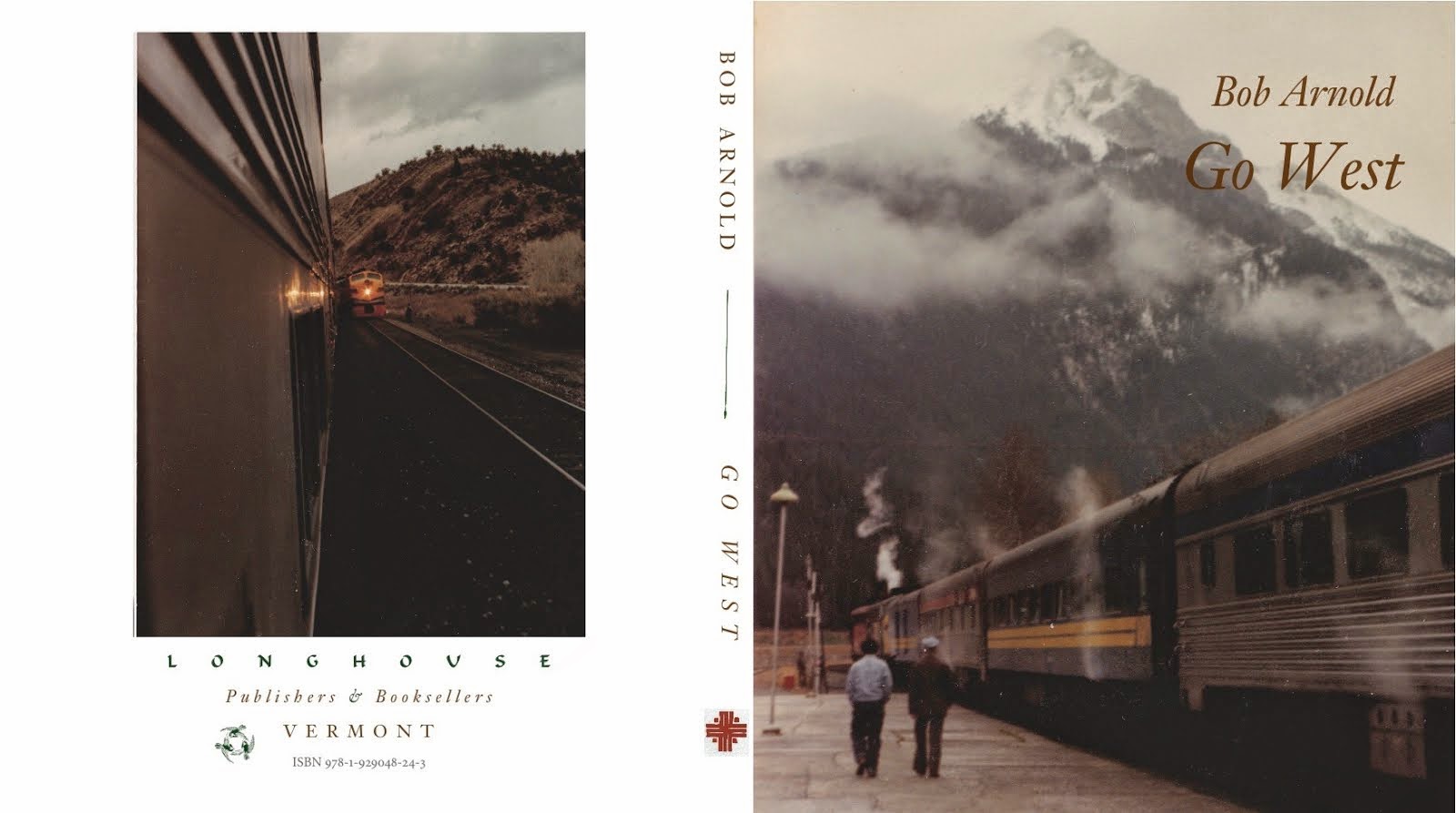
Louis-Ferdinand Céline
As we have seen, Céline favored no class. He felt politicians misused their power, the wealthy exploited the system, intellectuals became lost in obscurantism, the bourgeois sought only to become wealthy. Despite his basic pity for the poor, they did not escape his censure for they were human, that is to say both ignorant and abject. He found the masses to be galley slaves, good for lashings and sweat. We are the minions of good King Wretchedness. "Against the abomination of living in poverty, we must, let's admit it, it's our duty, become drunk with something, wine, the cheap kind, masturbation or movies." At least that would offer a bit of the "delirium of the soul" Céline described in his novels and perhaps felt in his life. Out of all the dreams and miracles we can choose those that best "warm our soul."
Céline felt traditional moral and religious values were suspect; people were misled by prudish, deluded by false promises, invalid hopes and habits. He felt, for instance, as Almeras noted, physical sexuality was not obscene, but the concept of "love foreverness" was both an obscenity and a lie. It was his painfully human task to strip man's mask from his comfortable illusions, to speak out with vigor and clarity. He used one favorite image to describe his role in life, as the lead husky for an Arctic dog sled. Upon his sharpness of eye, his instinct for danger — a snow covered crevice, thin ice, a potential avalanche — rested the safety of all. His baying, loud and prompt, gave the warning note. In similar fashion Céline the writer warned of poverty, impending war, an Apocalypse, not with a murmur or a "by the way" (no equivocal would suffice), but with a howl to shatter the welkin: clear and meaning, heard by all, fulfilling his role as guide and crier.
Céline seemed to enjoy antagonizing his readers. After all, such an attitude aroused the public and sold books. Perhaps that was the price he was willing to pay. But not only did it sell books, it stirred up the country and impelled critics to offer their condemnation or to risk their approval of this rigorously independent writer, this literary anarchist. Many responded, each in his own way. Some found the author boring, obscene, immoral; others found him absorbing, refreshing, honest. To a few critics he was a mixture of all. He was compared to Swift as a parodist, to Zola as an observer, to Artaud, James Joyce, William Burroughs, Kafka, and the surrealists for defining himself through his style, to Pascal for his vision of solitude, to Rabelais for his boisterousness — albeit black rather than jovial. His style was described alternately as a breath of fresh air, a rancid effluvium, a fresco of satire. It was at once mean and gross with flashes of dignity, cynically sincere, a net in which human emotions were caught, an appropriate form with which to discuss the stench of human wretchedness. Impoverished in syntax, it was a rejection of formalism. "Not till Céline arrived," observed Marcel Ayme, "did we notice that French grammar was wearing a high collar, heavily starched." Both Céline's style and his person were " of the people."
For his pessimism, Hayman called him "the black magician of hilarity and rage," and P. H. Simon wrote that Céline would not "sugar-coat the pill." His world lived in abject wretchedness, Fowlie feels Céline was first to announce "the exclusive theme in contemporary literature: the absurdity of human life." Céline's humor reflected its source: Tyczka described his comedy as "a sadistic raillery of ugliness and decay," Tanguy calls him "a wolf of black humor, a catharsis for our time," and Godard sees him as moving from gag to satire to black humor, able to "laugh at the intolerable." In the same vein, Vitoux claims that Céline's words are to the wretchedness he describes as a remedy is to disease. His comedy, though rooted in despair, is irrepressible, outrageous, truculent, brutal, honest and cathartic.
These were the qualities that heavily influenced that course of literature in the twentieth century: despair, absurdity and the need for a new morality. Many writers were directly affected by Céline and acknowledged this indebtedness in their writing. Among them were Sartre, Queneau, Nimier, Henry Miller, Kurt Vonnegut, William Burroughs and the Beat Generation. In France a large number of writers tried to imitate Céline's seemingly effortless style in order "to make a buck." As he put it, but discovered the task was next to impossible. A slavish imitation of his style was inevitably superficial, A few such as Renzo Bianchini showed similar passions and moods, but even they fell short of matching his gueule. The power of oral language that was uniquely Céline's.
Céline felt traditional moral and religious values were suspect; people were misled by prudish, deluded by false promises, invalid hopes and habits. He felt, for instance, as Almeras noted, physical sexuality was not obscene, but the concept of "love foreverness" was both an obscenity and a lie. It was his painfully human task to strip man's mask from his comfortable illusions, to speak out with vigor and clarity. He used one favorite image to describe his role in life, as the lead husky for an Arctic dog sled. Upon his sharpness of eye, his instinct for danger — a snow covered crevice, thin ice, a potential avalanche — rested the safety of all. His baying, loud and prompt, gave the warning note. In similar fashion Céline the writer warned of poverty, impending war, an Apocalypse, not with a murmur or a "by the way" (no equivocal would suffice), but with a howl to shatter the welkin: clear and meaning, heard by all, fulfilling his role as guide and crier.
Céline seemed to enjoy antagonizing his readers. After all, such an attitude aroused the public and sold books. Perhaps that was the price he was willing to pay. But not only did it sell books, it stirred up the country and impelled critics to offer their condemnation or to risk their approval of this rigorously independent writer, this literary anarchist. Many responded, each in his own way. Some found the author boring, obscene, immoral; others found him absorbing, refreshing, honest. To a few critics he was a mixture of all. He was compared to Swift as a parodist, to Zola as an observer, to Artaud, James Joyce, William Burroughs, Kafka, and the surrealists for defining himself through his style, to Pascal for his vision of solitude, to Rabelais for his boisterousness — albeit black rather than jovial. His style was described alternately as a breath of fresh air, a rancid effluvium, a fresco of satire. It was at once mean and gross with flashes of dignity, cynically sincere, a net in which human emotions were caught, an appropriate form with which to discuss the stench of human wretchedness. Impoverished in syntax, it was a rejection of formalism. "Not till Céline arrived," observed Marcel Ayme, "did we notice that French grammar was wearing a high collar, heavily starched." Both Céline's style and his person were " of the people."
For his pessimism, Hayman called him "the black magician of hilarity and rage," and P. H. Simon wrote that Céline would not "sugar-coat the pill." His world lived in abject wretchedness, Fowlie feels Céline was first to announce "the exclusive theme in contemporary literature: the absurdity of human life." Céline's humor reflected its source: Tyczka described his comedy as "a sadistic raillery of ugliness and decay," Tanguy calls him "a wolf of black humor, a catharsis for our time," and Godard sees him as moving from gag to satire to black humor, able to "laugh at the intolerable." In the same vein, Vitoux claims that Céline's words are to the wretchedness he describes as a remedy is to disease. His comedy, though rooted in despair, is irrepressible, outrageous, truculent, brutal, honest and cathartic.
These were the qualities that heavily influenced that course of literature in the twentieth century: despair, absurdity and the need for a new morality. Many writers were directly affected by Céline and acknowledged this indebtedness in their writing. Among them were Sartre, Queneau, Nimier, Henry Miller, Kurt Vonnegut, William Burroughs and the Beat Generation. In France a large number of writers tried to imitate Céline's seemingly effortless style in order "to make a buck." As he put it, but discovered the task was next to impossible. A slavish imitation of his style was inevitably superficial, A few such as Renzo Bianchini showed similar passions and moods, but even they fell short of matching his gueule. The power of oral language that was uniquely Céline's.
~ Stanford Luce, from the introduction to Conversations with Professor Y
( Dalkey Archive, 2006 )








